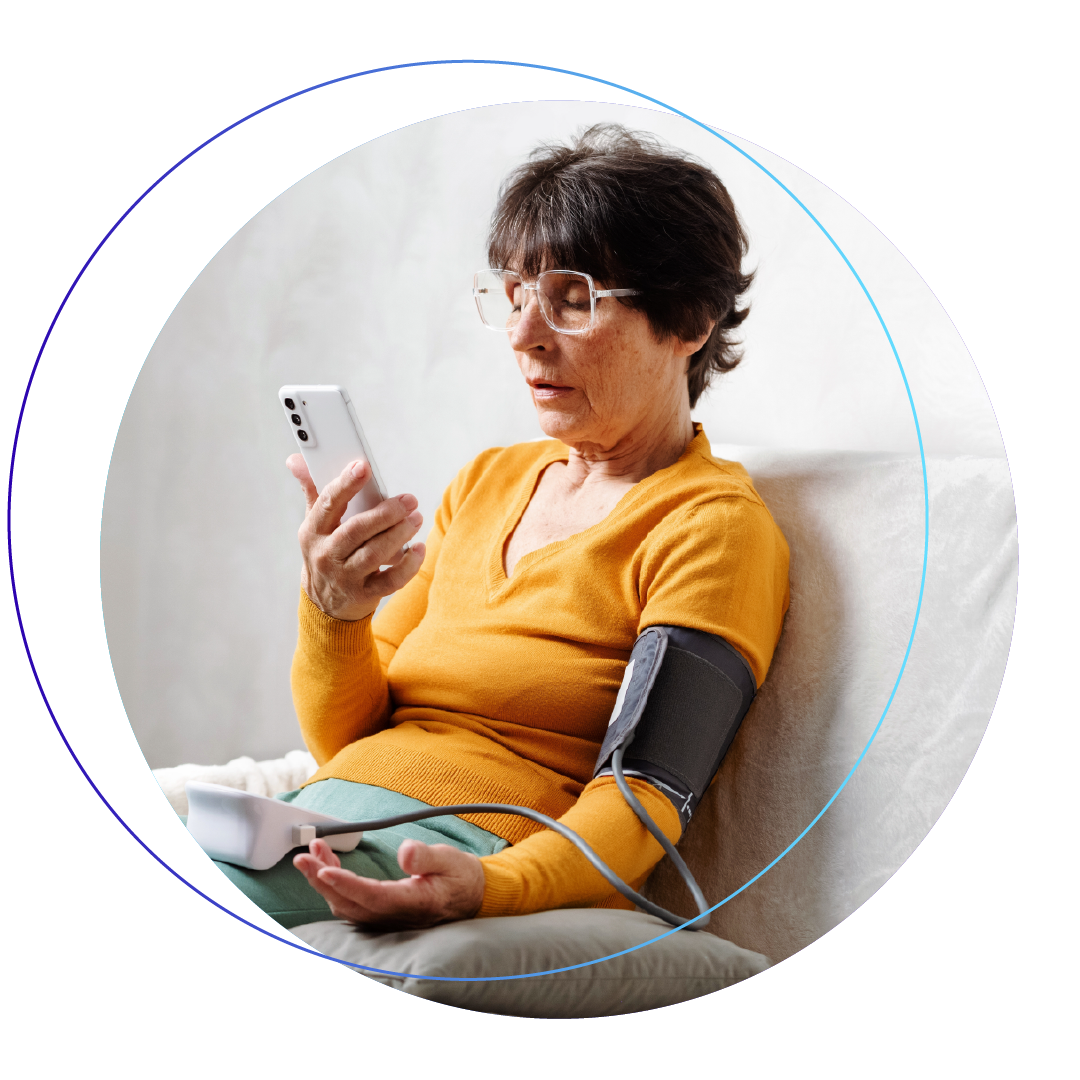Community Health Centers (including Federally Qualified Health Centers, FQHCs, and other community clinics) serve on the front lines of caring for underserved and vulnerable populations. CHCs often manage patients with complex health and social needs, sometimes with limited resources. Challenges include high no-show rates, difficulties in chronic disease management due to social determinants of health, and meeting strict quality measures (UDS measures for FQHCs) to maintain funding.
Brilliant Care provides CHCs with a powerful extension of their care team, specifically aimed at addressing social barriers, engaging patients proactively, and improving outcomes in the community, all in a cost-effective manner.








